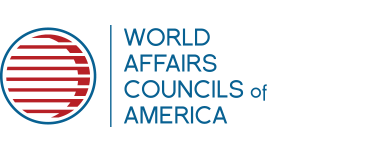- Home
- Book Club - The Peacemakers: Leadership Lessons From Twentieth-Century Statesmanship
World Affairs Council of Hilton HeadOffice:19 Bow Circle Suite A1, Hilton Head Island, SC 29928 Mail: PO Box 22523, Hilton Head Island, SC 29925 843-384-6758 | execdirector@wachh.org |

